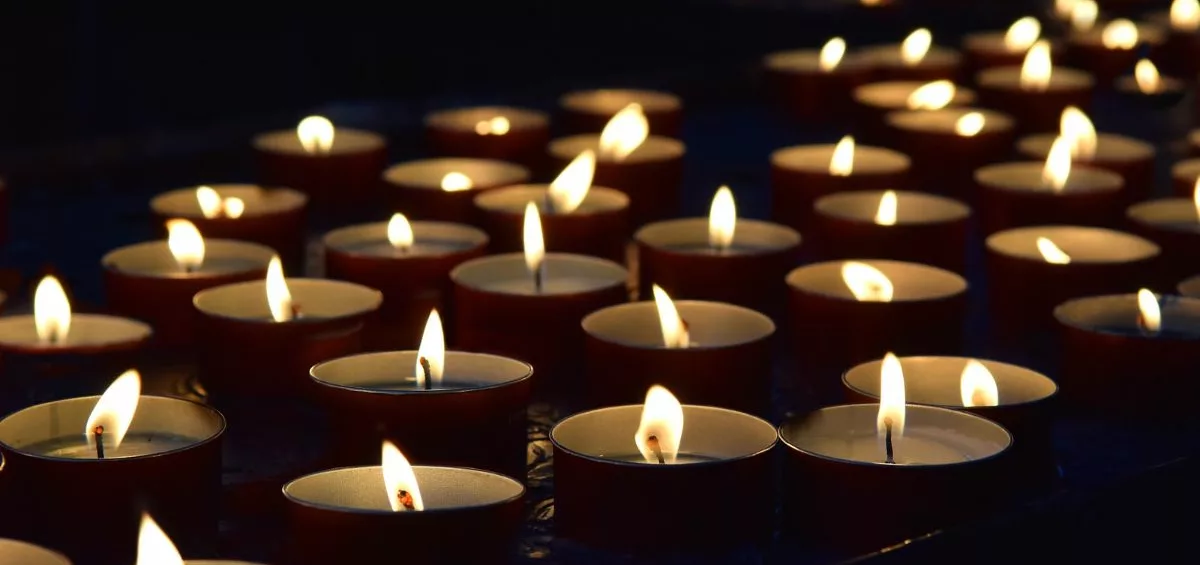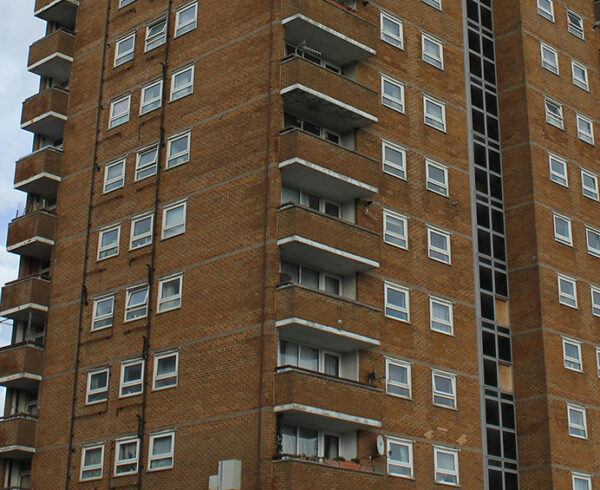Through the work of CEL’s diversity committee, we like to promote diverse and inclusive narratives. This Holocaust Memorial Day, our CEO, Paul Hampson reflects on a recent trip to Auschwitz.
Holocaust Memorial Day serves as a poignant reminder of the atrocities committed during one of the darkest chapters in human history. Recently, I had the sombre privilege of visiting Auschwitz, a place where the echoes of suffering and resilience still resonate.
As I stepped onto the grounds of Auschwitz-Birkenau, the weight of history pressed upon me. For the whole week before I felt uneasy and if I am honest there was a little part of my subconscious that did not want to go. I did not know what to expect but I had seen a lot of documentaries and films that documented the Holocaust and knew it would be a difficult place to visit. The chilling remnants of the concentration and extermination camps bore witness to the unimaginable horrors endured by millions. The iconic entrance gate, with its haunting phrase “Arbeit Macht Frei” (Work Sets You Free), stood as a stark symbol of the deception that awaited those who passed through.
There is a sign upon the entrance to the barrack part of the camp that sets out the reason why I went deep down and why I believe everyone should pay a pilgrimage to this concentration camp at least once in their lives. It states: “Those who cannot remember the past are condemned to repeat it.”
Walking through the barracks, the stark reality of the Holocaust became tangible. Photographs of individuals stripped of their humanity, personal belongings piled high, and the haunting silence of rooms that once echoed with despair all left an indelible mark on my soul. What I did not expect was the sheer scale of the concentration camp at Auschwitz-Birkenau and the planning and organisation that went into it. The camp supplied forced labour to factories around it spanning a 70km area. There was a selection processed that separated those fit to work and those who were not. The elderly, infirm and children were sent to their death in gas chambers that looked like showers. The scale of the inhumanity was staggering and shocking. Nothing can prepare you for coming face to face with man’s capability for evil.
The railway tracks leading to the heart of Auschwitz-Birkenau evoked a profound sense of sorrow. Imagining the arrival of countless innocent lives, torn from their homes and families, was a heart-wrenching experience. The remnants of gas chambers and crematoria stood as chilling reminders of the systematic genocide that unfolded within these walls. In the barracks there were items taken from the people that went there. Upon arrival all their clothes and possessions were taken from them and their heads were shaven. There were rooms full of hair, rooms full of shoes, rooms full of glasses, rooms full of pots and rooms full of clothes. All to be taken and sold.
Yet, amidst the overwhelming darkness, stories of resilience and courage emerged. The exhibits chronicling acts of defiance, the bravery of individuals who resisted, and the strength of the human spirit offered glimmers of hope within the despair. Each story became a testament to the importance of remembrance and the collective responsibility to ensure that such atrocities are never repeated.
Holocaust Memorial Day serves as a call to action, urging us to reflect on the past while actively working towards a future free from hatred and discrimination. Visiting Auschwitz was not merely a journey through history; it was a commitment to bearing witness, honouring the victims, and advocating for a world built on compassion, understanding, and unity.
As we commemorate Holocaust Memorial Day, let us remember the lives lost, reflect on the lessons of history, and strive to build a world were tolerance triumphs over hatred. Auschwitz stands as a solemn reminder that our responsibility to uphold the dignity of every human being transcends time and must endure for future generations.
When looking through photographs of the children at the camp, of which there are many online, all of whom were sent to their death, I could not understand how anyone could do such things. But it is a fact that humans do such things. Humans carry out evil things every day in every part of the world. The visit made me more than ever want to stand up against injustice, hatred and evil in the world. For me that is why it is so important then we remember Holocaust Memorial Day and if you do not know about it you should educate yourself.
Whilst this day is often looked at as a day for Jewish people, it is a day that everyone in the world should reflect on. It is true that the majority of innocent victims of the Holocaust were Jewish, around 7 million, there were also innocent victims from all walks of life and nationalities condemned due to their race, religion or disabilities.
A quote that I think everyone should remember is “The only thing necessary for the triumph of evil is for good men to do nothing.”
In a world of ever-increasing tensions, war, and violence everyone should remember Holocaust Memorial Day and I will take my daughters to Auschwitz-Birkenau when they are older.













